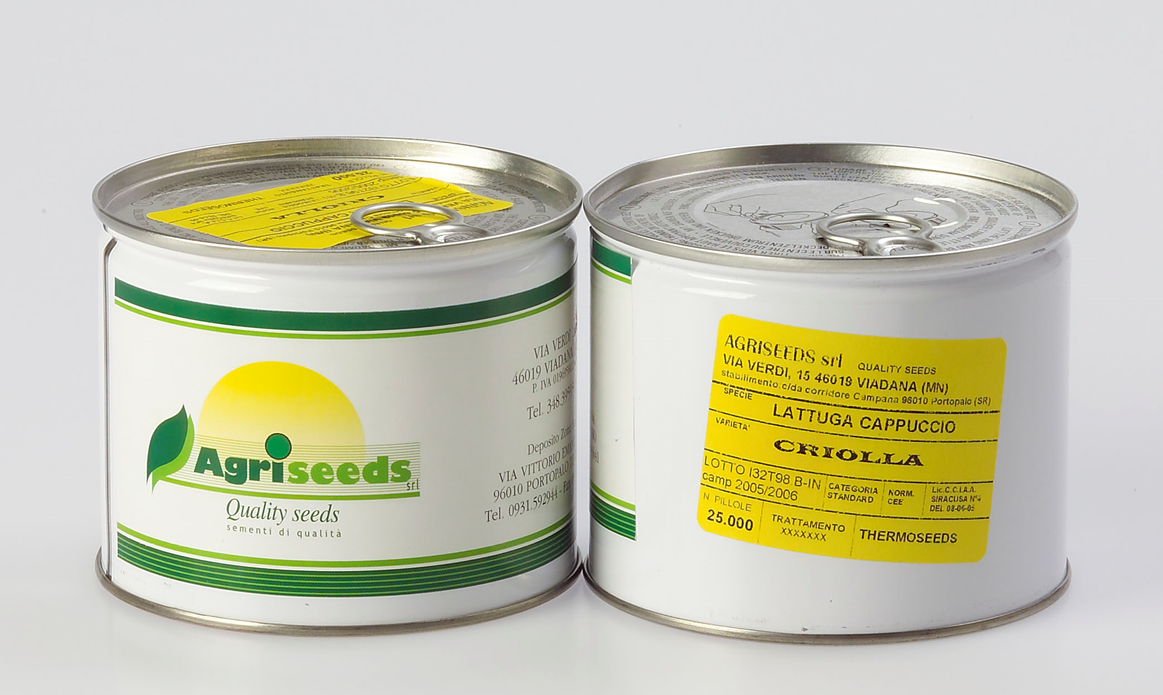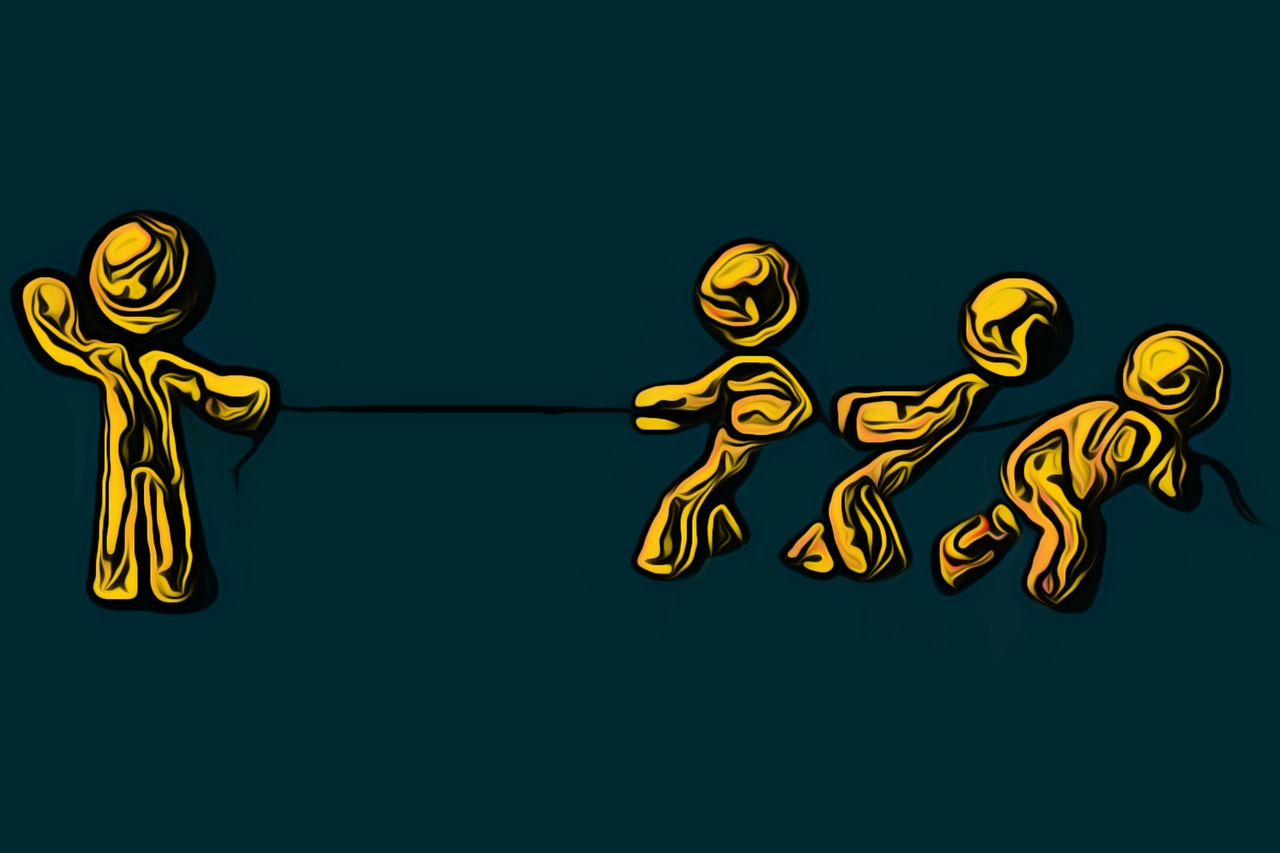Latest blog articles
-
Plant varieties are difficult to make but easy to reproduce. Proving that someone reproduced a plant variety, however, is extremely hard. For organized crime, infringing plant variety rights therefore presents low-hanging fruit, with consequences far beyond the infringement of IP rights.
-
Current US and EU secondary liability standards do not address all factors to trigger liability. This influences legislation and case law, setting an uncertain secondary liability outcome of IP infringement cases against Internet Intermediaries’. I suggest that tort law can tackle this problem.
-
During the Easter weekend there was a lack of clarity about what the rules are at the German-Dutch border. What is actually still allowed when it comes to travelling from the Netherlands to Germany and vice versa? Both the government in North Rhine-Westphalia (NRW) and in the Netherlands have...
-
Unlike other sectors, improvements in Genetic technology raise issues of morality. The new human gene editing technology CRISPR/CAS9 has raised many such concerns. Can the current patent system deal with these concerns or should morality be dealt with by the inventors themselves?
-
The need to guarantee the free flow of information in a Big Data economy forces us to re-think Intellectual Property Rights and find an appropriate balance between competition, innovation, privacy and incentives.
-
With or without the UK, the EU will try to find a way to implement the UPC as it has invested considerable time and efforts knowing the benefits it will bring; however, the fate of the Agreement could be decided on judicial grounds instead of political ones.
-
The Nikolova case (C-83/14), currently pending before the Court of Justice (CoJ), constitutes an interesting and unique example of a practice alleged to have discriminatory effects on a large group of persons defined by reference to their Roma ethnic origin. The case sheds light on the role that EU...






